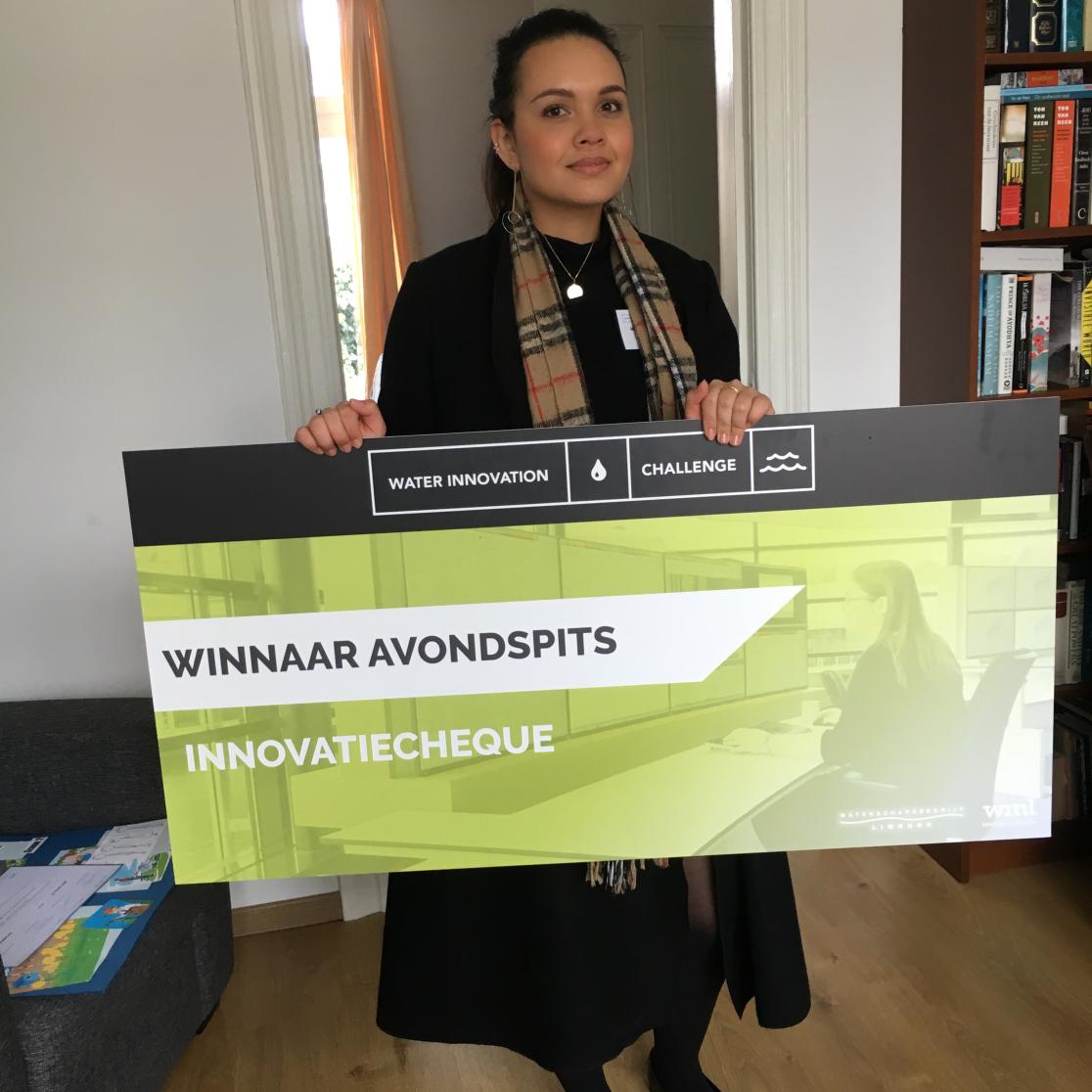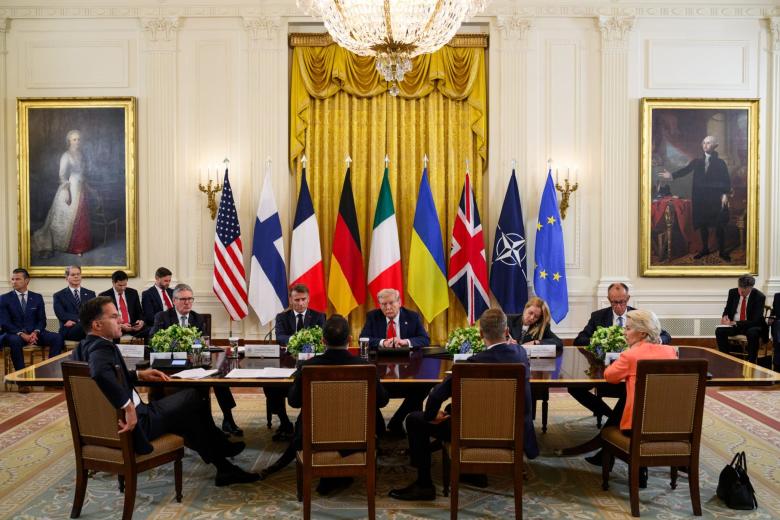How to fix ‘water rush hour’ in Limburg?
What started with procrastinating during an essay ended up winning her the Water Innovation Challenge hosted by Limburg’s water utility company, WML. Melanie Kersten, studying the master’s programme Sustainable Science & Policy, came up with the winning idea on how to address the ‘water rush hour’ starting at 5 pm. A period of the day when most people decide to use water, whether that be taking a shower or watering their gardens, it exerts pressure on the water system. In turn, the competition has brought her some exciting experiences and a summer job at WML.
What opened Melanie’s eyes to the importance of sustainability
“During my exchange semester at Sophia University in Tokyo I was welcomed by a diverse set of students from all around the world, and we engaged in the most interesting and inspiring conversations. However, it was one particular person who really opened up my eyes to the importance of sustainability”. Upon her arrival back in the U.K to begin the final year of her bachelor’s, Melanie had the opportunity to take some courses relating to sustainability. She was able to encompass both her political science background and her new-found passion for sustainability to explore the social, economic, and environmental dimensions further. This also led her to finding the sustainability science and policy master’s programme in Maastricht. “It not only offers more insight into sustainability but also is a great bridge with my political science background. And I enjoyed the prospect of being able to experience Limburg life, because my father’s family originate from this region.”
What is the water rush hour?
One day in the Autumn Semester of last year, Diederik van Duuren, a former UM masters’ student who now works at WML, came to present the Water Innovation Challenge and invited students to join in and think about creative ways to solve some of the major challenges the company faces. One of them was the ‘water rush hour’. The company compares it to a traffic jam during rush hour, and everyone still wants to drive 130 km/h.
How she got her idea while procrastinating on her study work
“One evening I was writing an essay and it was during a moment of procrastination that I remembered the challenge and decided to visit the WML-website. When I read through the description of the problem, it was the first time I had come across this issue. Something I didn’t expect the Netherlands to be struggling with, since they are well known for their water infrastructure and technology. In turn, I reflected on the thought that if I as a sustainability student, who studies social and environmental problems every day, am not aware of such issues - how can we expect the general public to take notice and change their behaviour?. Therefore, why not take the simple and preliminary step of raising awareness?”.

Why she thinks her idea might work
Melanie has enjoyed making short films ever since she studied media-studies at high school. So, she wrote down an idea for a TV ad campaign, ideally broadcast during or right after the evening water rush hour. “I always appreciate a good commercial with a great character in it. Don’t you have certain commercial characters that you’ll always remember? If it sparks something in people then I hope the message will get across.”
What made her idea interesting to WML
Although she was under the impression that her idea was quite simple, maybe even too simple, the jury at WML really liked it. She made it to the final and won first prize. “The others had larger teams, had very interesting technical concepts, so my ‘little campaign’ felt underwhelming. But it’s feasible and flexible, so I guess that’s what they liked.”
What Melanie took with her from the experience
Melanie looks back on a great experience. “That I can actually do something, that the professionals from WML believed in my idea - that was awesome.” She won an innovation cheque to develop her idea further with the company: and was offered a contract for a summer job. She’ll be doing part-time research on environmental psychology, which includes looking further into why people aren’t doing more in light of climate issues. Next to that she’ll be writing her thesis, with which she hopes to graduate at the end of September. At least, if she’s not procrastinating…
Also read
-
PREMIUM is looking for new projects!
Are you or do you know a business owner or an employee in a public, commercial, or non-governmental organisation with a project that could benefit from fresh perspectives? An interdisciplinary team of excellent PREMIUM students might be just what you’re looking for.

-
Students from Indonesia gain international experience in Maastricht
Maastricht University is one of the partners of IISMA, an Indonesian programme that sends students abroad to expand their horizons and get acquainted with Western education. Last August, eleven talented young students arrived in South Limburg. Shortly before their return to Indonesia, we spoke to...

-
European leaders at the White House: A turning point – or a fleeting show of resolve?
Studio Europa Maastricht spoke with Giselle Bosse, professor of European Union External Democracy Support at Maastricht University.
